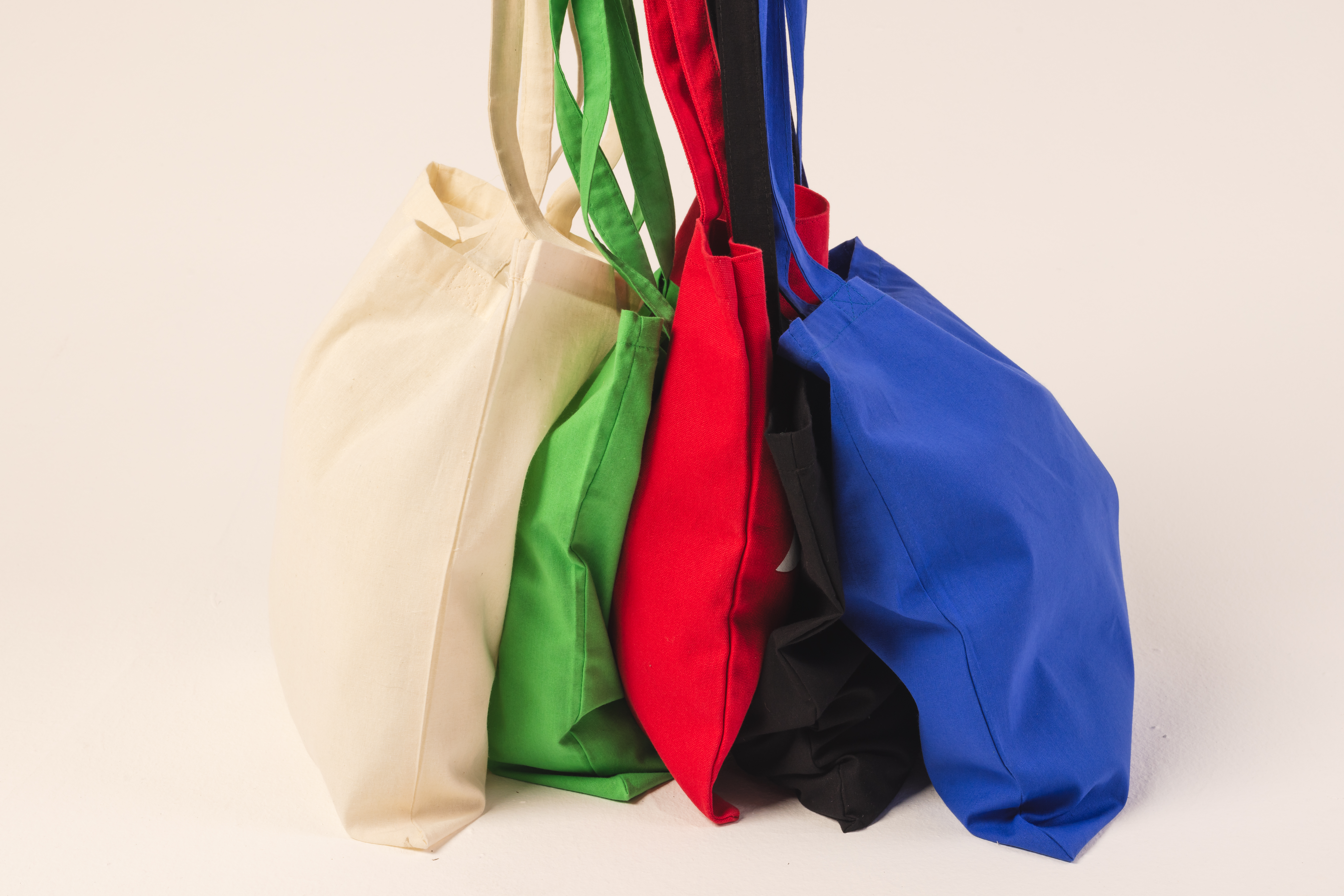The Rise of Sustainable Manufacturing in the U.S.
Sustainability is becoming a high priority in soft goods manufacturing. Climate awareness, shifting consumer values, and new regulatory mandates have made sustainability an operational essential. With changing tariffs, many soft goods companies are considering moving manufacturing to the United States. Let’s look at the opportunities and changes shaping the face of sustainable manufacturing in the U.S.!
The Rise of Sustainable Manufacturing in the U.S.
Over the past decade, American manufacturers have steadily adopted sustainable practices to meet emerging market and regulatory demands. A 2022 report by the Manufacturing Leadership Council found that 58% of manufacturers actively integrate sustainability initiatives. This number is expected to grow.
Three major factors drive this momentum:
- Consumer expectations: Modern consumers demand products that reflect environmental responsibility, from raw material sourcing to packaging and delivery.
- Governmental regulations and incentives: Local and federal laws may reward energy efficiency and emissions reduction.
- Resilient supply chains: Following significant supply chain disruptions during the COVID-19 pandemic, many companies seek to increase control and reliability in their supply chain through domestic production.
Domestic manufacturing comes with many benefits for US-based soft goods companies.
Opportunities in Eco-Friendly Materials and Processes
What are the opportunities within sustainable manufacturing?
Advancements in Eco-Friendly Materials
Innovations in materials science have accelerated the transition to sustainable production. The market now offers a growing range of eco-friendly alternatives:
- Recycled polyester and organic cotton help reduce water and chemical usage in textiles.
- Biodegradable plastics and plant-based leathers, like Desserto® cactus leather, offer durable, stylish alternatives to traditional synthetics.
- Closed-loop and circular textiles allow fabrics to be recycled and repurposed into new products, ultimately reducing the amount of products in landfills.
At Softline Brand Partners, we consistently research and integrate emerging sustainable materials into our clients’ soft goods projects. This commitment supports the environment and helps brands differentiate themselves in an increasingly eco-conscious marketplace.
Transformative Manufacturing Processes
Sustainable manufacturing is not limited to materials; the processes used in production play a critical role. Industry-leading practices include:
- Lean manufacturing and precision cutting minimize fabric waste.
- 3D printing is used to create prototypes and components with minimal material usage.
- Waterless dyeing technologies reduce both water consumption and chemical runoff.
- Energy-efficient equipment and LED lighting across manufacturing floors cut emissions and operational costs.
Challenges in Implementing Sustainable Practices
The path toward sustainability is promising. However, it can be challenging to incorporate these ideas into existing supply chains.
Upfront Costs and Infrastructure
Moving from traditional to evo-friendly production requires substantial capital investment for manufacturers. Sustainable manufacturing can strain budgets from purchasing energy-efficient machinery to updating waste management systems and switching to eco-friendly materials.
However, Softline helps clients navigate this hurdle by offering scalable solutions and cost-benefit analyses. Our consulting services guide brands through the most impactful investments for their growth stage.
Supply Chain Complexity
A sustainable product is only as strong as its supply chain. Vetting suppliers for environmental compliance and ethical labor practices requires significant due diligence. Maintaining transparency across international partners adds further layers of complexity.
Softline mitigates this challenge by working with an established network of audited suppliers and regularly reviewing sustainability benchmarks across our production partners. Our global relationships allow clients to trust that their products meet strict environmental and social responsibility standards.
Measurement and Reporting
Tracking and verifying sustainability improvements can be difficult. Many companies struggle to gather consistent data on energy consumption, carbon emissions, water usage, and waste generation.
At Softline, we emphasize data-driven decision-making. We assist clients in establishing measurable sustainability goals and recommend tools for monitoring and reporting progress, helping brands remain accountable and communicate their efforts confidently to stakeholders and consumers.
Softline’s Approach to Sustainable Manufacturing
At Softline Brand Partners, we’ve embedded sustainability into every facet of our operations:
- Domestic manufacturing reduces transportation-related emissions and supports local job creation.
- Material innovation includes sourcing certified recycled fabrics, organic fibers, and next-generation plant-based leathers.
- Supplier collaboration ensures adherence to responsible labor practices and environmental standards across our global partnerships.
- Continuous improvement drives us to adopt the latest manufacturing technologies and eliminate waste at every production stage.
Whether you are a startup brand launching a small collection or a major label scaling globally, our team offers the expertise to design, source, and manufacture products that align with your sustainability vision.
The Future of Sustainable Manufacturing
The future of U.S. manufacturing will be defined by sustainability, innovation, and collaboration. Trends to watch include:
- Increased adoption of circular design models, where products are engineered for reuse and recyclability.
- Development of bio-based alternatives to petroleum-derived fabrics and foams.
- Smart factory technologies that leverage AI and IoT to optimize energy use and reduce waste.
These trends in sustainable domestic manufacturing offer exciting opportunities. At Softline Brand Partners, we prioritize environmental responsibility, using innovative materials and manufacturing processes to reduce environmental impact in our U.S. manufacturing facilities.
Connect with Softline Today!
If your brand is ready to explore sustainable manufacturing solutions, connect with Softline Brand Partners. Our dedicated team can guide you through material selection, production strategies, and supplier partnerships that align with your eco-conscious mission.










